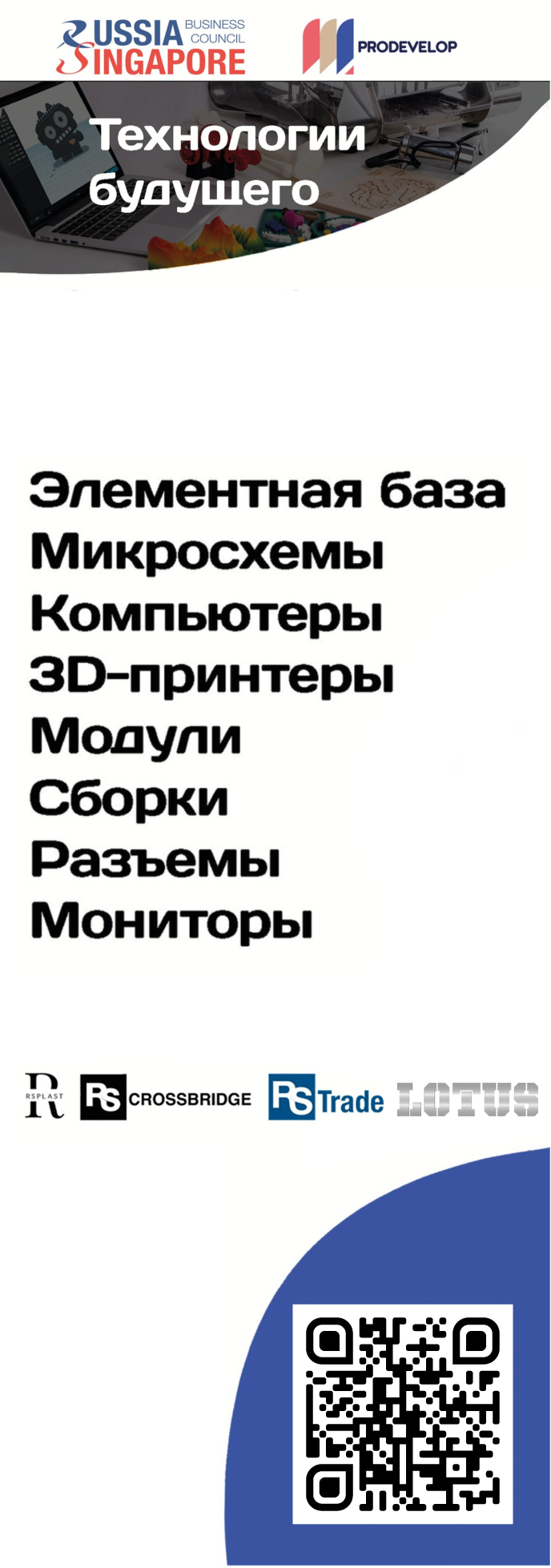
The Board of the Eurasian Economic Commission (EEC) on January 14 examined issues in the areas of trade, customs cooperation, technical regulation, operation of the common market of medicines, information economies of the countries of the Eurasian Economic Union (EEU), the functioning of the internal market, and several others.
The EEC Board approved technological documents regulating information interaction in the implementation of the common process "Using databases of documents issued by the authorized bodies of the EAEU member states in regulating foreign and mutual trade, including those submitted during customs operations to confirm compliance with prohibitions and restrictions" by means of the integrated information system of the Union.
The implementation of this general process is primarily aimed at ensuring compliance with article 80 of the customs code of the EAEU, which provides for cross-border information interaction between customs and regulatory authorities of the Union countries in the process of obtaining information about documents required for customs operations, and creates a basis for the development and application of the "single window"mechanism. In fact, we are talking about the beginning of the implementation of a mechanism for cross-border exchange of electronic permits.
The implementation of the general process will take place in stages with respect to certain types of documents, as the composition and structure of the submitted information from documents in electronic form is regulated in the law of the EAEU.
At the same time by order of the Board of the EEC installed a nine-month period, during which must be navigated to cross-border electronic exchange of information from the documents on conformity assessment requirements of technical regulations of the EEU or the Uniform sanitary and epidemiological and hygienic requirements for products subject to sanitary and epidemiological supervision (control).
Amendments to some decisions of the Commission concerning customs declaration of express cargo delivered by express carriers as goods for personal use have been approved.
The changes will help to improve and simplify the procedure for declaring this category of goods. The procedures for filling in the passenger customs declaration for express cargo and the payment document have been optimized. In particular, it provides the possibility of not filling in information about the previous document during the preliminary customs declaration, specifies the rounding order when specifying the mass of goods, etc. When filling out the payment document, it is possible not to fill in some sections concerning information about the payment (collection) of customs payments, penalties.
The EEC Board determined the structure and format of the certificate for ensuring the fulfillment of the duty to pay customs duties and taxes.
The document is aimed at developing a unified electronic document flow in the EAEU between customs authorities and participants in foreign economic activity.
The certificate of ensuring the duty to pay customs duties and taxes in the form of an electronic document is an integral part of the unified system of customs transit of goods in the EAEU.
The document describes the structure and format which is necessary for the formation of a security certificate in the form of an electronic document, as well as the creation of its electronic form, if it is submitted to the customs authority in the form of a paper document.
The date of entry into force of the relevant decision of the EEC Board is determined taking into account the time needed to finalize information systems in the Union states.





